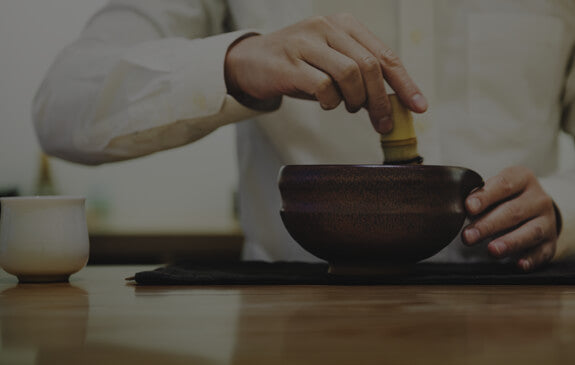
Organic Green Tea
Looking for an organic green tea? Look no further! Arbor Teas is proud to offer a large selection of loose leaf organic green tea, including a variety of flavored blends and single-origin teas (which accounts for nearly one-third of our organic loose tea catalog). We offer many options from green tea's classic origins (China and Japan) and beyond. Green teas are unoxidized and maintain the leaves' original green color throughout processing. Brew made from these leaves is often vegetative in flavor.
-
 Out of stock
Out of stock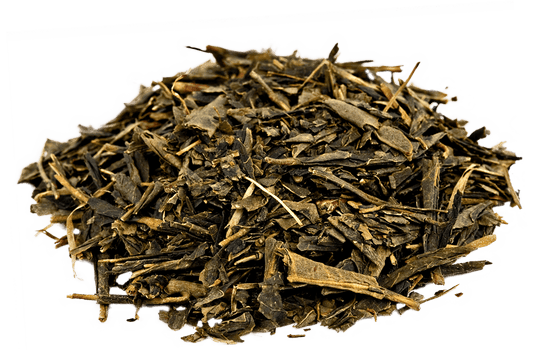
Notify meOrganic Bancha Green TeaModerately savory and vegetal, offering a roasted aroma and creamy mouthfeel -

 View
View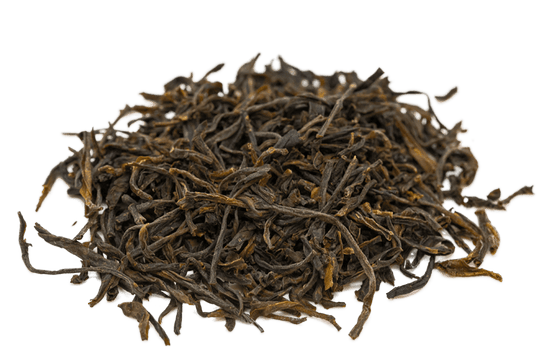 Organic Ceylon Green TeaNotes of peach, sweet grass, and a clean mineral finish
Organic Ceylon Green TeaNotes of peach, sweet grass, and a clean mineral finish -
 Out of stock
Out of stock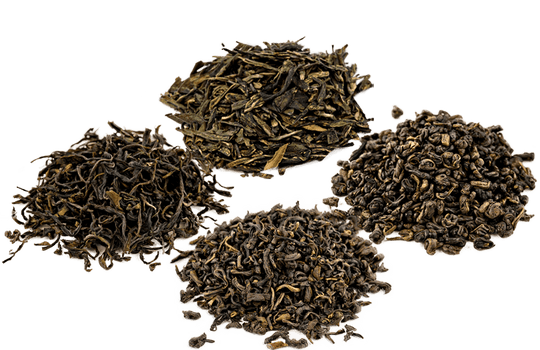
Notify meOrganic Chinese Green Tea SamplerFour of our finest Chinese green teas -

 Out of stock
Out of stock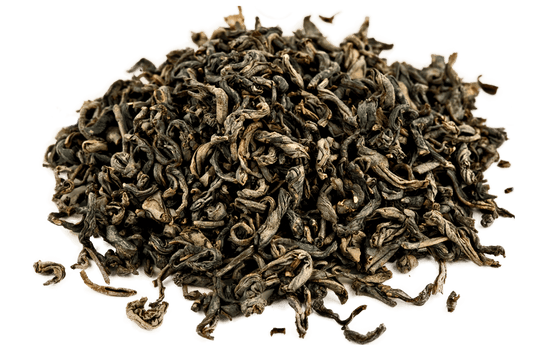
Notify meOrganic Chun Mee Green TeaMedium-bodied with a slight fruity tartness likened to plums, faintly smoky -

 Out of stock
Out of stock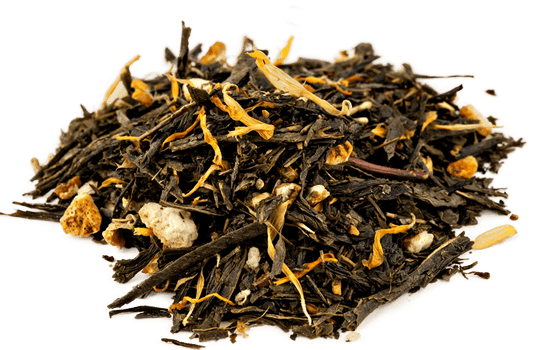
Notify meOrganic Citrus Ginger Green TeaTart citrus fruits with a ginger zing complemented by the green tea base -


 View
View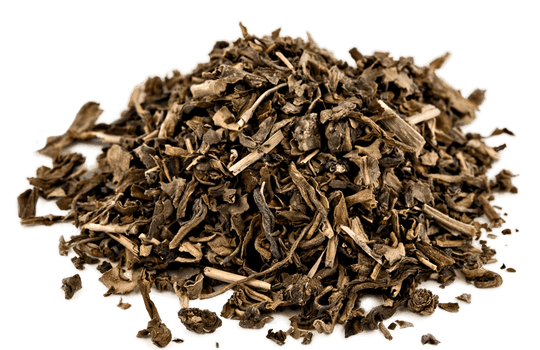 Organic Decaf Green TeaMedium-bodied decaffeinated green tea with notes of spinach, endive, and mineral
Organic Decaf Green TeaMedium-bodied decaffeinated green tea with notes of spinach, endive, and mineral -


 View
View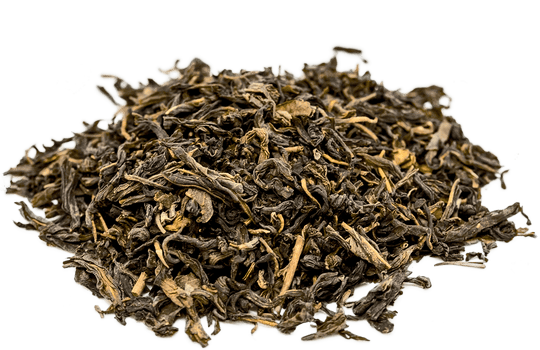 Organic Decaf Jasmine Green TeaRare Find! Premium decaf green tea scented with floral jasmine aroma
Organic Decaf Jasmine Green TeaRare Find! Premium decaf green tea scented with floral jasmine aroma -


 View
View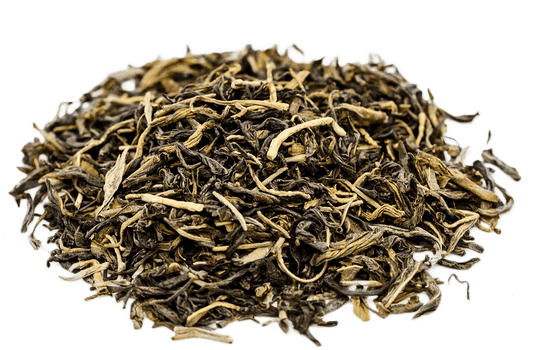 Organic Decaf Premium Green TeaLight-bodied decaffeinated green tea with a rich vegetal flavor
Organic Decaf Premium Green TeaLight-bodied decaffeinated green tea with a rich vegetal flavor -


 View
View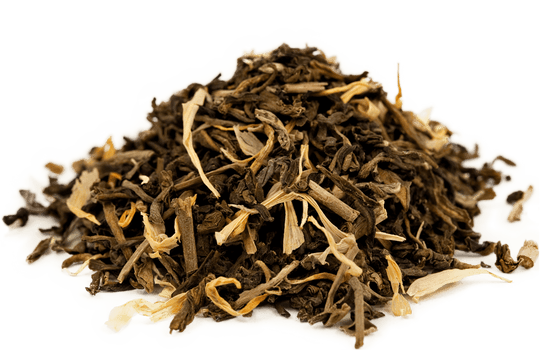 Organic Decaf Tropical Green TeaMango and papaya notes complement a light vegetal decaf green tea base
Organic Decaf Tropical Green TeaMango and papaya notes complement a light vegetal decaf green tea base -

 View
View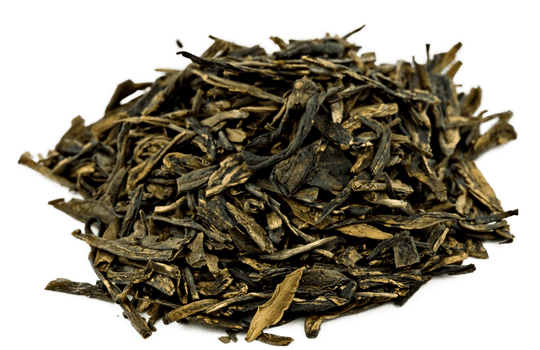 Organic Dragonwell Lung Ching Green TeaNotes of freshly cut grass and toasted chestnuts, with a light minerality
Organic Dragonwell Lung Ching Green TeaNotes of freshly cut grass and toasted chestnuts, with a light minerality -

 View
View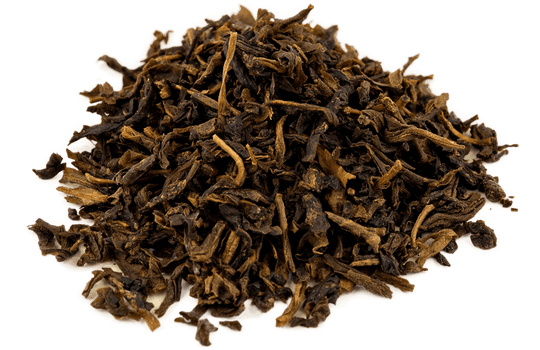 Organic Earl Grey Green TeaClassic earl grey flavor with a lighter body from a smooth green tea base
Organic Earl Grey Green TeaClassic earl grey flavor with a lighter body from a smooth green tea base -

 Out of stock
Out of stock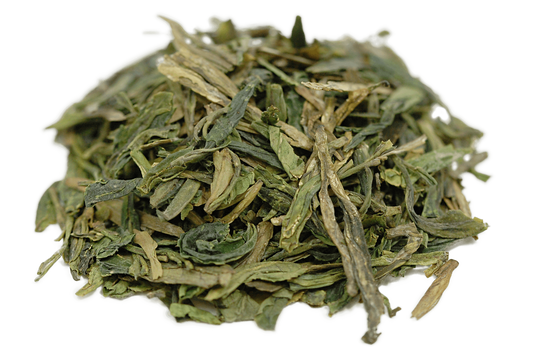
Notify meOrganic Emerald Spring Lung Ching Green TeaButtery-rich and savory infusion, notes of asparagus, snow peas and chestnut -
 View
View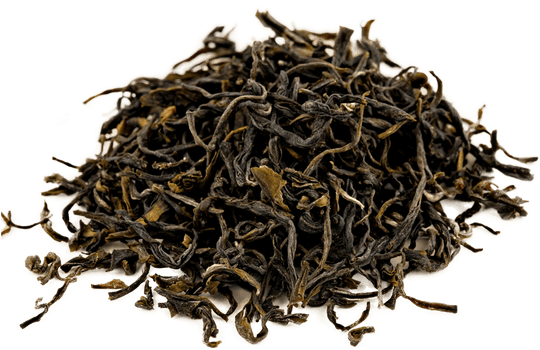 Organic Five Peaks Green Dew Green TeaLight-bodied with low astringency, slighty sweet, and a kelp-like vegetal quality
Organic Five Peaks Green Dew Green TeaLight-bodied with low astringency, slighty sweet, and a kelp-like vegetal quality -

 Out of stock
Out of stock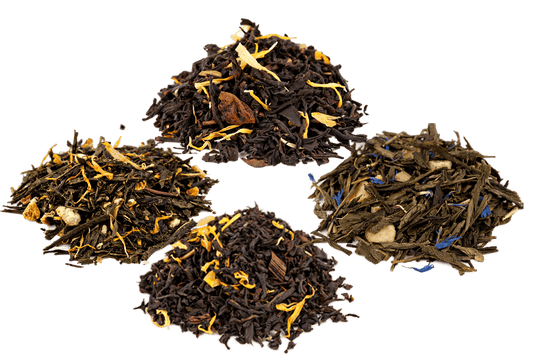
Notify meOrganic Flavored Tea SamplerFour teas bursting with a variety of flavors -
 View
View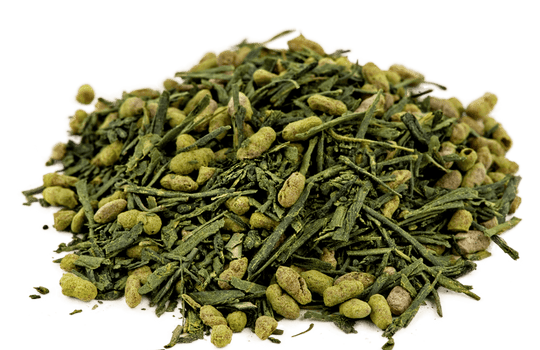 Organic Genmaicha Extra Green TeaRoasted savory genmaicha flavor, topped with matcha for a more bitter infusion
Organic Genmaicha Extra Green TeaRoasted savory genmaicha flavor, topped with matcha for a more bitter infusion -
 View
View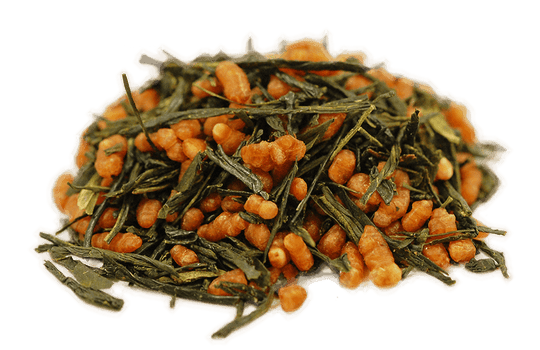 Organic Genmaicha Green TeaToasted flavor of brown rice over rich vegetalness of sencha style green tea
Organic Genmaicha Green TeaToasted flavor of brown rice over rich vegetalness of sencha style green tea -

 View
View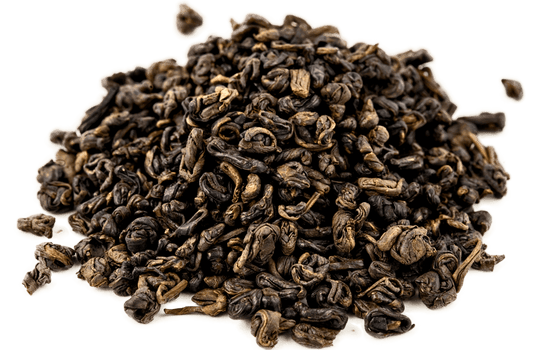 Organic Gunpowder Green TeaNutty vegetal flavor with hints of smoke with a medium body infusion
Organic Gunpowder Green TeaNutty vegetal flavor with hints of smoke with a medium body infusion -
 View
View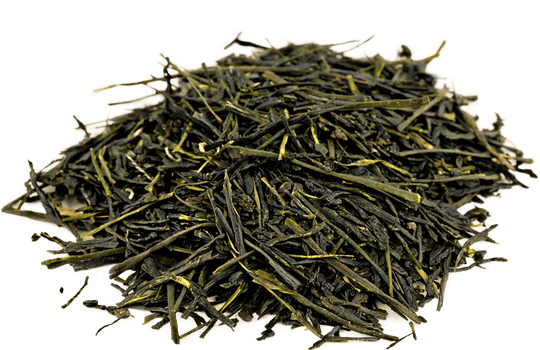 Organic Gyokuro Green TeaBold vegetal flavor with mild sweet nuttiness creates a full brothy cup
Organic Gyokuro Green TeaBold vegetal flavor with mild sweet nuttiness creates a full brothy cup -
 View
View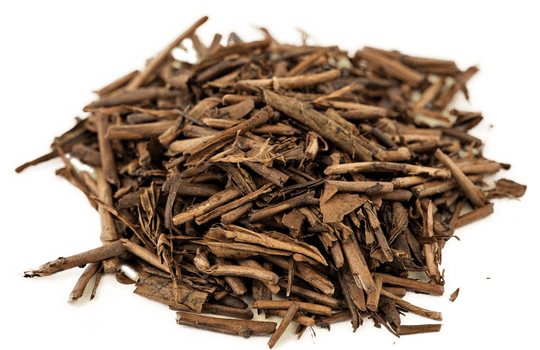 Organic Hojicha Green TeaRich flavors of toasted grain and hay with sweet honey undertones
Organic Hojicha Green TeaRich flavors of toasted grain and hay with sweet honey undertones -
 Out of stock
Out of stock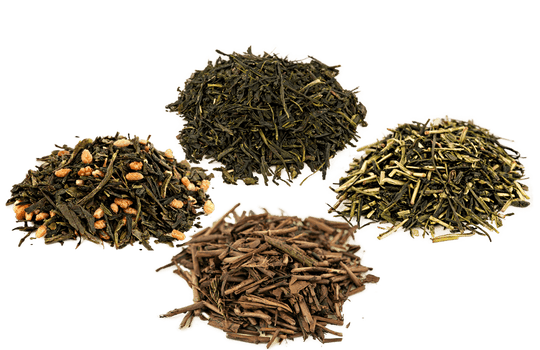
Notify meOrganic Japanese Green Tea SamplerA selection of fine green teas from Japan -

 View
View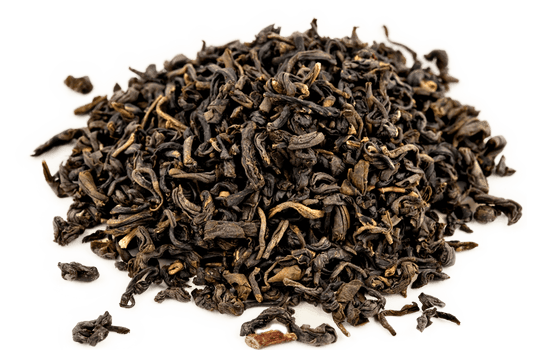 Organic Jasmine Green TeaBold and juicy jasmine aroma lingers over a fuller-bodied green tea flavor
Organic Jasmine Green TeaBold and juicy jasmine aroma lingers over a fuller-bodied green tea flavor -

 View
View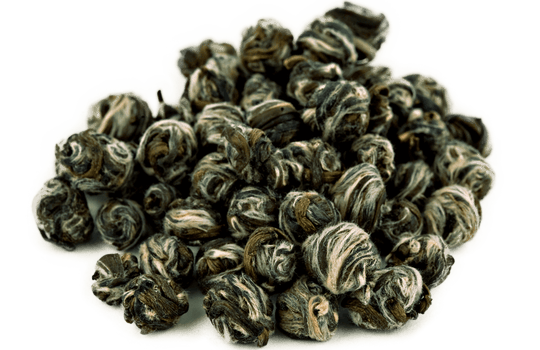 Organic Jasmine Pearl Green TeaLight-bodied and subtle green tea pairs with floral jasmine in small pearls
Organic Jasmine Pearl Green TeaLight-bodied and subtle green tea pairs with floral jasmine in small pearls -
 Out of stock
Out of stock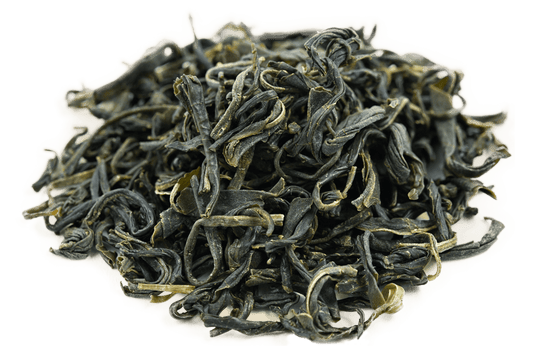
Notify meOrganic Korea Sejak Green TeaBrothy and boldly vegetal with a smooth and mildly astringent taste -
 Out of stock
Out of stock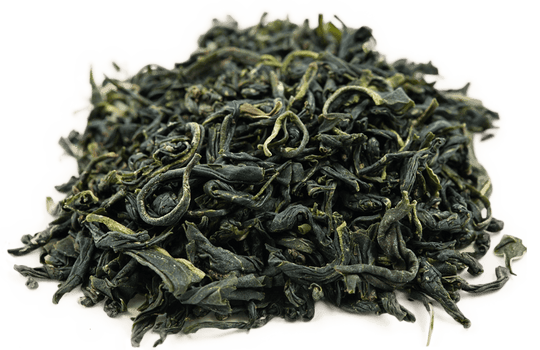
Notify meOrganic Korea Woojeon Green TeaSmooth and concentrated vegetal flavor with a thicker mouthfeel than Korea Sejak
-
ORIGINS OF OUR ORGANIC GREEN TEAS
The most traditional origins of our organic green teas include China and Japan. Green teas hailing from China (which is the birthplace of all modern tea varieties) range widely, including nutty Dragonwell tea, bold and smoky Gunpowder tea, and beautifully floral Jasmine tea, to name a few. Our organic green teas from Japan tend to offer much more spinach and seaweed in their flavor and include our top-quality organic Gyokuro and organic Sencha, as well as our organic Matcha, Japan's unique powdered green tea. Additionally, we've expanded our offerings to include organic green tea from Nepal, Sri Lanka (Ceylon), India, Korea, and Europe.
-
ORGANIC GREEN TEA MANUFACTURE
As with any green tea, our organic green teas are unoxidized and maintain the leaves' green color throughout processing. Most green teas are produced in China and Japan, both of which are known for excellent, yet distinct, green tea manufacture. Japan uses steam to halt the oxidation of its green tea during manufacture, while China uses pan- or kiln-firing. This has created two very different camps within the green tea world. Learn more about loose leaf tea manufacture.
-
PREPARATION TIPS FOR OUR ORGANIC GREEN TEAS
We recommend brewing our loose leaf organic green teas in water that has been heated until bubbles have begun to form on the bottom of the pan, or 180 degrees Fahrenheit, for 2-3 minutes. Of course, these are only our recommendations. Let your personal taste be the ultimate test! Get more tips on how to brew loose leaf tea.

